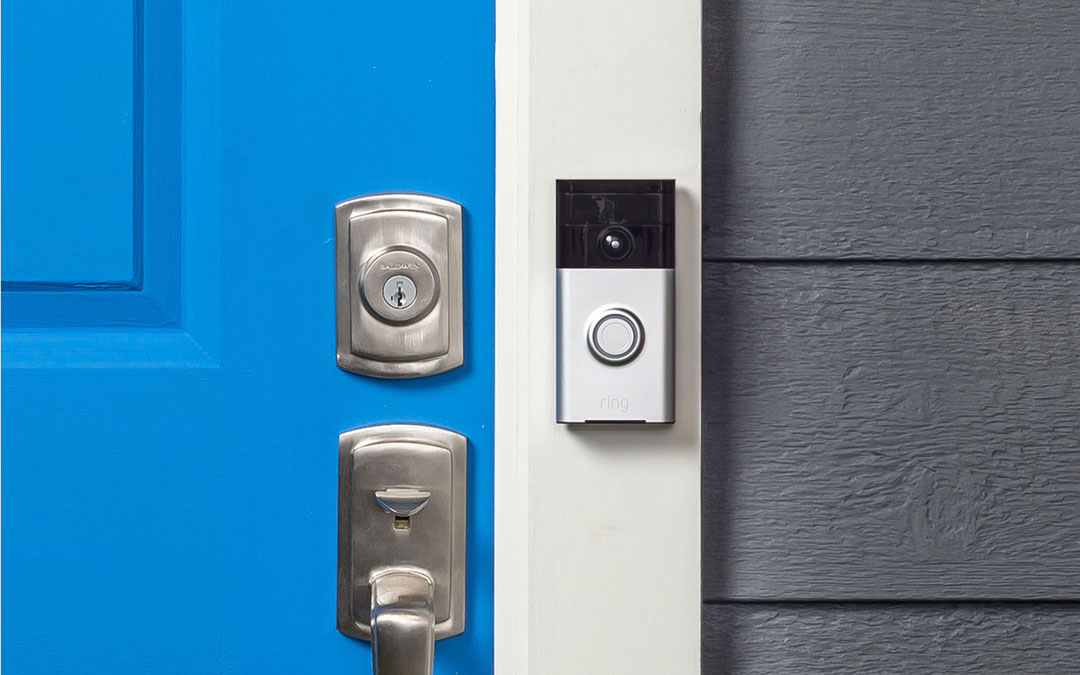Image Source: By Ring – https://ring.com/press, CC BY-SA 4.0, https://commons.wikimedia.org/w/index.php?curid=58940160
If you have heard of the Ring™ Video Doorbell, then you have likely heard and/or read about its promise of bringing security to answering one’s front door and reducing crime in neighborhoods. It makes sense, doesn’t it? The idea that by placing this product outside your front door and connecting the device to your smartphone, you will be able to see who is at your front door any time, whether or not you are at home, is appealing. It may bring peace of mind while vacationing, make you less reticent to answer the door if you are at home alone, or allow you to communicate with those at your front door if you are not at home. You have to admit that these conveniences would be useful in certain situations. However, depending on where you live, Ring™ Video Doorbells may cause more issues than they claim to solve.
Believe it or not, Ring™ Video Doorbells having been causing quite a stir in condominiums and community association’s around the country. Many condominium units are located in close proximity to surrounding units, often times sharing common hallways that may provide access to the front doors of a number of units. When a single condominium unit owner places a Ring™ Video Doorbell outside his or her unit, that device may pick up video and/or audio transmission from not only his or her front door but also from the surrounding common areas and sometimes inside the confines of other units. Clearly, none of us would appreciate being recorded by a neighbor without our consent. Such a violation is not only disturbing, but is also illegal.
The Revised Code of Washington 9.73.030(1) makes the recording and/or transmitting of private communications and/or private conversations illegal, without first obtaining the consent of all participants. Other states in the country have similar restrictions, making the use of Ring™ Video Doorbells in condominiums a hot topic nationally amongst lawyers who work on community association issues. Some condominium associations are being asked to put serious restrictions in place to limit a unit owners’ ability to use Ring™ Video Doorbells or other similar devices, including restrictions on the placement of the device, restrictions on where the camera can be pointed, and restrictions on specific uses of the device. Such restrictions may sound cumbersome or unnecessary but, keep in mind, an Association’s primary obligation is to protect its assets and provide unit owners with all of the privileges afforded to them within their governing documents.
The good news for Community Associations and for unit owners is that there are law firms staying abreast of the evolving nature of these technological conveniences (or inconveniences, depending upon your outlook) in an effort to keep the potential legal impacts to a minimum. Make sure that you take all of the above into consideration before you install your own video doorbell or establish a policy for the use of these devices in your association.

Recent Comments